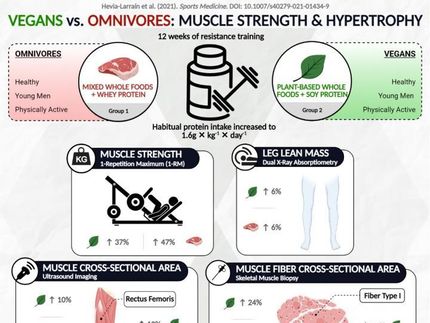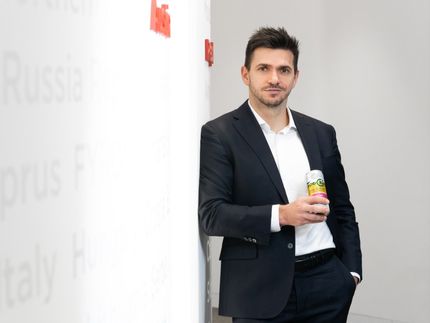Being proactive reduces sense of job insecurity
For some workers, the level of job insecurity increases as the contract get closer to expiring
Advertisement
New Curtin University research has found workers who proactively pursue career goals are less likely to suffer a sense of job insecurity when faced with employment uncertainty, as many are now due to the COVID-19 pandemic.

Photo by Brooke Cagle on Unsplash
The research, published in the Journal of Occupational Health Psychology, found that even if the labour market situation was precarious, people could take steps to reduce their feelings of job insecurity, which in turn affects mental health and well-being.
Co-author ARC Laureate Fellow John Curtin Distinguished Professor Sharon Parker, Director of the Centre for Transformative Work Design based at Curtin’s Future of Work Institute, said the research was particularly relevant now with many workers concerned about job security as a result of the pandemic.
“We surveyed 227 workers on short-term temporary contracts who did not have a renewed contract and most of them, unsurprisingly, felt insecure,” Professor Parker said.
“However, for some workers, the level of job insecurity increased as the contract got closer to expiring, whereas for others, insecurity did not increase at this time and we investigated why this difference existed.
“By tracking these workers across several months, and measuring their experiences three times, we found those who took proactive steps to shape their career were the ones best able to cope with an elapsing contract.”
Professor Parker said these proactive behaviours included skill development, networking, career planning and career consultation with a supervisor about training or work assignments needed to develop skills that would increase future work opportunities.
“Workers who engaged in these proactive career behaviours in the face of an elapsing contract felt more in control of their careers, and hence were less insecure,” Professor Parker said.
“Although we did not test whether these workers ultimately secured new jobs, other research shows that such proactive actions increase the chance of re-employment.
“Proactively taking steps to build skills, networks, and career plans makes a person feel more in control, and more optimistic whereas the more passive or reactive approach of sitting back and waiting for a contract to end not only harms a person’s prospects for continued employment, but increases feelings of insecurity and harms their well-being.”
The research was co-authored by Dr Jessie Koen from the University of Amsterdam.



































































